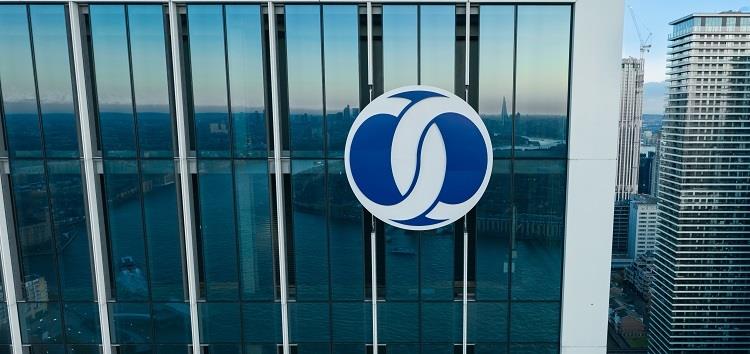
EBRD Shares Progress On Co-Financed Projects In Central Asia (Exclusive)
Speaking in an exclusive interview with Trend, Ozhan emphasized that MDBs naturally have common agendas and overlapping initiatives. "In 2024, ten MDBs, including the EBRD, announced joint steps to work more effectively as a system and increase the impact and scale of their work to tackle urgent development challenges," he said. This collaboration was formalized under a roadmap for MDB reform endorsed by G20 Leaders, aimed at addressing regional and global issues, generating employment, and advancing progress toward the Sustainable Development Goals (SDGs).
In addition to collective initiatives, the EBRD also builds bilateral partnerships with other development institutions. "We have a memorandum of understanding with the World Bank Group to enhance collaboration and respond to global challenges more effectively together," Ozhan said.
One key example is a co-financing framework agreement with the Asian Infrastructure Investment Bank (AIIB), which simplifies procedures for joint project financing. "Such agreements significantly speed up the preparation of investment projects and their implementation, and thus achieve greater development impact in the areas of green economy, digitalisation and inclusion," he explained.
These partnerships have already delivered concrete results across Central Asia. With AIIB, the EBRD co-financed the first major public-private partnership (PPP) in the region's healthcare sector - a 630-bed multidisciplinary hospital in Kazakhstan. With the Asian Development Bank (ADB), the EBRD supported upgrades to a vital highway in Tajikistan's Khatlon region.
Collaboration with the International Finance Corporation (IFC) has also yielded a significant impact. "We co-invested in Uzbekistan's first digital bank, TBC UZ, and supported the construction of a new airport terminal in Almaty," Ozhan said.
In Kazakhstan, the EBRD partnered with the Islamic Development Bank to co-finance the 66-kilometer BAKAD ring road around Almaty - the largest PPP project in the country and the wider Central Asian region. The same partnership also delivered a 200 MW solar power plant and a 501 MWh battery energy storage system (BESS) in Uzbekistan's Tashkent region.
Another milestone project, jointly financed by the EBRD and ADB, is the modernisation of Almaty's Combined Heat and Power Plant 2. "This project facilitates the full replacement of coal with natural gas and will result in an immediate impact on pollution and air quality," Ozhan noted.
Climate finance is also a major focus. At COP29 in Baku, MDBs issued a joint statement outlining financial commitments to support ambitious climate goals. According to Ozhan, MDBs estimate their annual collective climate financing for low- and middle-income countries will reach $120 billion by 2030 - including $42 billion for adaptation - with a goal to mobilize $65 billion from the private sector.
Beyond finance, MDBs are engaging in joint policy work on issues like decarbonization, legal reform, capital market development, and privatization support. Ozhan concluded: "Through these collaborations, we are not only scaling up investment, but also strengthening institutions and creating real, lasting impact on the ground".

Legal Disclaimer:
MENAFN provides the
information “as is” without warranty of any kind. We do not accept
any responsibility or liability for the accuracy, content, images,
videos, licenses, completeness, legality, or reliability of the information
contained in this article. If you have any complaints or copyright
issues related to this article, kindly contact the provider above.


















Comments
No comment